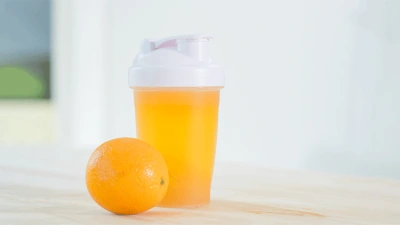When it comes to pooping, since everyone has a different poop schedule and idea of what is normal for them, it is understandable we might not always know where we individually stand. If your bowel habits have been the same for 10 years, then they are probably “normal” to you. However, health experts generally agree that constipation is defined as experiencing fewer than three bowel movements per week.1 Again, this can vary from person to person – it’s more important to keep track of your own version of “regular” so that you can identify any unusual changes.
So how do you know if you may be experiencing constipation? Constipation symptoms include having fewer bowel movements than 3 a week as the experts say, but an occasional constipation experience for you could also be more than 3 bowel movements in a week but less than your regular bathroom routine. You might also find yourself “straining” while using the bathroom, or that you are left feeling distinctly unsatisfied after going, like you haven’t fully evacuated your bowels.
You might also find that the texture of your bowel movements has changed. They might be hard, dry, lumpy, and harder to pass.


